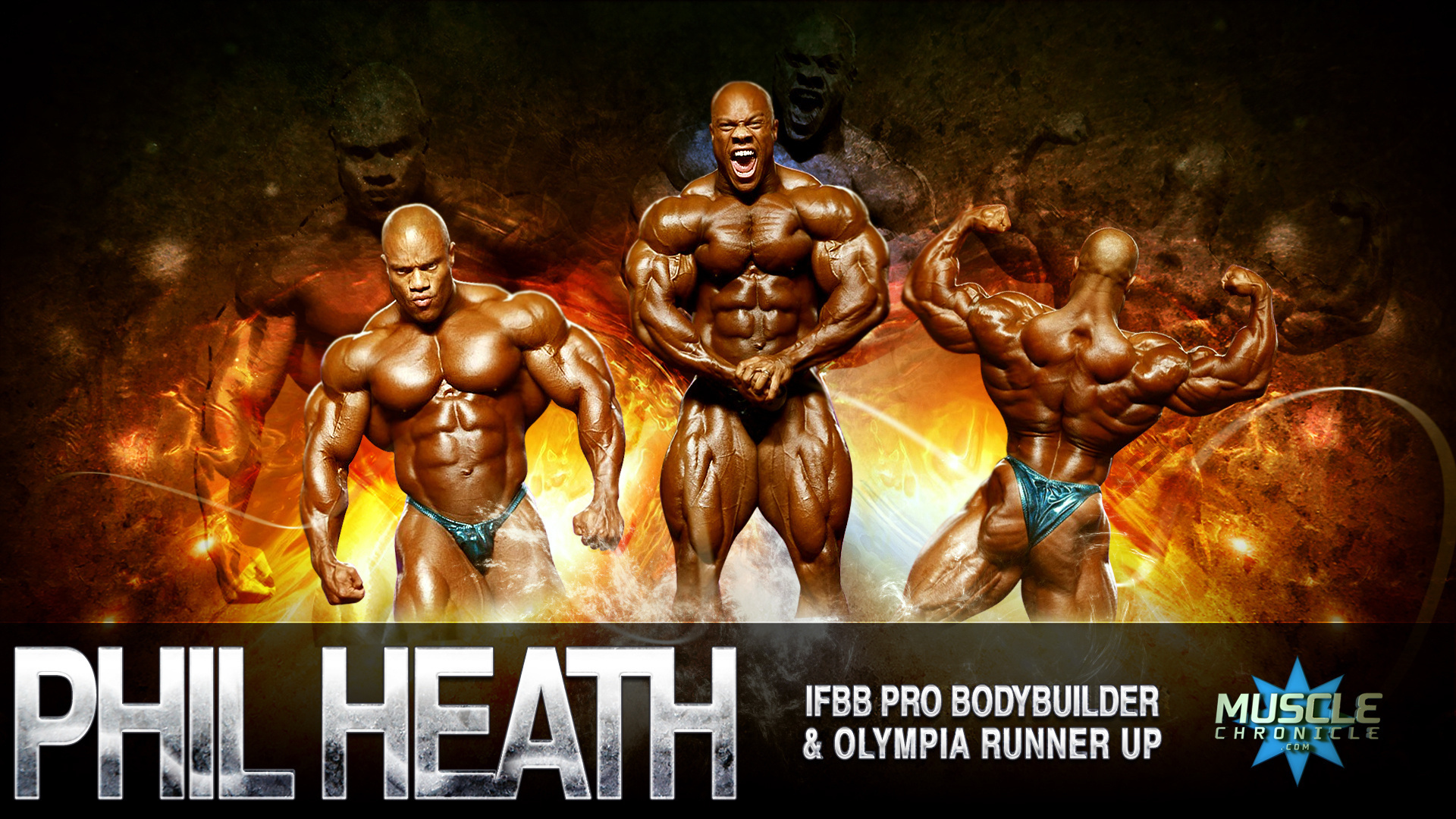Plant-Powered Gains: A Guide to Plant-Based Protein Supplements for Muscle Building
In the world of muscle building, protein reigns supreme. Traditionally, whey protein has been the go-to supplement for gym enthusiasts. But what about those following a plant-based lifestyle? Fear not, plant powered peeps! The realm of plant-based protein supplements is booming, offering a plethora of effective options for building muscle mass and boosting recovery.
**Why Plant-Based Protein?**
Plant-based protein supplements are derived from various sources like peas, brown rice, hemp, soy, and nuts. They offer a unique set of benefits, making them an attractive choice for:
* **Vegans and Vegetarians:** They provide essential protein intake without relying on animal products.
* **Lactose Intolerant Individuals:** They are free from lactose, the milk sugar found in whey protein, making them easier to digest.
* **Health-Conscious Folks:** Many plant-based protein powders are packed with additional nutrients like fiber, vitamins, and minerals.
* **Environmentally Conscious Consumers:** Plant-based production generally has a lower environmental impact compared to animal-based protein sources.
**Building Muscle with Plant Power**
Plant-based protein supplements can effectively contribute to muscle building when combined with a proper training program and a balanced diet. Here's how:
* **Protein Intake:** Aim for 0.8-1 gram of protein per pound of body weight daily. Plant-based powders can help bridge any protein gaps in your diet.
* **Amino Acid Profile:** Some plant-based proteins (like soy) are complete, containing all nine essential amino acids. Others can be combined strategically to create complete protein profiles.
* **Digestion:** Plant-based proteins tend to be digested slower than whey, providing a sustained release of amino acids for muscle recovery.
**Choosing the Right Plant-Based Protein Powder**
With so many options available, navigating the world of plant-based protein powders can be overwhelming. Here are some key factors to consider:
* **Protein Content:** Opt for powders with at least 20 grams of protein per serving.
* **Amino Acid Profile:** Look for complete protein powders or strategically combine different plant sources.
* **Ingredients:** Choose powders with minimal additives and fillers. Organic options are a bonus.
* **Taste and Texture:** Experiment with different flavors and brands to find one you enjoy.
**Popular Plant-Based Protein Powders**
Here are a few well-regarded plant-based protein powders to get you started:
* **Garden of Life Organic Plant-Based Protein Powder:** A blend of pea, brown rice, and quinoa protein, offering a complete amino acid profile.
* **Vega Sport Protein Powder:** Formulated for athletes, with added electrolytes and BCAAs for enhanced recovery.
* **Naked Pea Premium Pea Protein Powder:** A hypoallergenic option made from pure pea protein, ideal for those with sensitivities.
* **Orgain Simple Organic Plant-Based Protein Powder:** A blend of brown rice and pea protein, perfect for those seeking a gentle option on the stomach.
**Remember:** Plant-based protein supplements are a tool, not a magic bullet. Combine them with a healthy diet, proper training, and adequate rest for optimal muscle-building results.
**Plant-Based Protein Smoothie Power-Up!**
Whip up this delicious and nutritious smoothie for a post-workout protein boost:
* 1 scoop plant-based protein powder
* 1 cup unsweetened almond milk
* 1/2 frozen banana
* 1/2 cup spinach
* 1/4 cup berries
* Blend until smooth and enjoy!
**Beyond the Powder**
Plant-based protein doesn't just come in powder form. Explore these whole food sources to boost your daily intake:
* **Lentils:** Packed with protein and fiber, perfect for hearty stews and salads.
* **Tofu and Tempeh:** Soy-based options that are versatile and high in protein.
* **Beans and Chickpeas:** A budget-friendly protein source, great for soups, dips, and curries.
* **Nuts and Seeds:** A delicious snack option rich in protein and healthy fats.
**Embrace the Plant-Based Protein Revolution**
With the ever-evolving world of plant-based protein supplements, building muscle on a plant-powered diet has never been easier. So ditch the dairy and embrace the power of plants to fuel your fitness journey!
**Additional Tips:**
* Consult a registered dietitian or sports nutritionist for personalized guidance on protein intake and supplement choices.
* Be mindful of portion sizes, as overconsumption of protein can have negative health consequences.
* Listen to your body and adjust your protein intake based on your individual needs and activity level.





.png)
.png)
.png)

.png)
.png)







.png)



0 Comments